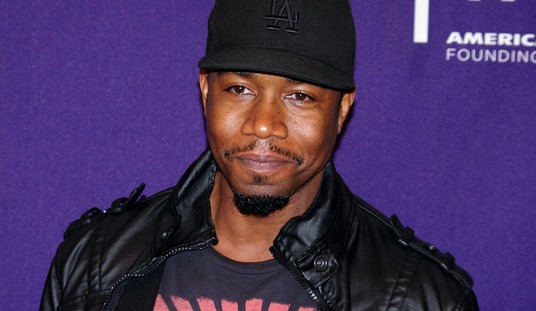On July 14, in the lawless African nation of Somalia, two French men registered as journalists were eating breakfast at the Sahafi Hotel in Mogadishu. Heavily armed gunmen stormed the hotel. According to Reuters, they went room to room looking for the two men. After being located and abducted, the French citizens were turned over to al-Qaeda’s arm in Somalia, a group called al-Shabaab — this according to Lieutenant-Colonel Muhideen Ahmed, a Somalian police official.
To date, they remain hostages.
In a bizarre twist, French Foreign Minister Bernard Kouchner went on record saying that the two men were actually posing as journalists. He said they were in fact “government security advisers” in Somalia on a mission to provide security advice for Sheikh Sharif Ahmed, Somalia’s interim president.
According to Reporters Without Borders, the title “security adviser” is a long stretch. The men were agents with General Directorate for External Security, or DGSE — France’s foreign intelligence agency. France’s DGSE functions like the United States’ Central Intelligence Agency (CIA) or the United Kingdom’s Secret Intelligence Service (MI-6). Reporters Without Borders was quick to condemn the situation:
“Being a journalist is not a cover, it is a profession,” its spokesman said. “We hope these two [French] advisers are freed quickly but we are shocked that they were passing themselves off as journalists. They were on an official mission and had no need of cover. Their behavior endangers journalists in a region where media personnel are already in danger.”
Anyone who recalls why Daniel Pearl was beheaded in Pakistan in 2002 need not wonder why using “journalist” as a cover puts journalists in more danger than they already are. Pearl, a journalist with the Wall Street Journal, was accused of being a spy.
If journalists can’t report the news, the world must rely on governments to report the news, which is what happens in Somalia. The problem is that when governments report the news it’s not news but propaganda. The kidnapping of two French spies posing as journalists in Somalia coupled with the inexplicable reason France took such a dangerous risk in the first place begs the question:
What is really going on here?
The government of French President Nicolas Sarkozy has been particularly tough on terrorists and their pirate colleagues when it comes to French nationals. In April, French commando units participated in at least two known pirate raids, which left several pirates dead. Also in April, the French navy captured 11 pirates as they tried to seize a cargo ship. There are currently as many as 12 pirates in France awaiting trial on piracy charges.
President Sarkozy has also taken an unprecedented hard line against the draconian value system of Islamic fundamentalism — arguably a breeding ground for terrorism — as evidenced in France. In June, Sarkozy spoke out against the burka, a tenant of Islamic Sharia law, declaring, “I say it solemnly, the burka is not welcome in France.” Women forced to wear them are “prisoners,” Sarkozy said.
It is apocryphal that two French security advisers would go to the failed state of Somalia, where Islamic fundamentalism is gaining a fast foothold, to advise its interim president on security matters without some kind of security detail of their own. Any white-skinned foreigner in Somalia, cover or no cover, is a prime target for terrorists — you don’t have to be French. Look no further than the terrible plight of Canadian reporter Amanda Lindhout and Australian photographer Nigel Brennan as evidence. The pair has been held hostage in Somalia since August 2008. Five other journalists have been killed in Somalia since the start of the year.
What was the French president doing sending French intelligence agents to Somalia? It’s a question we need journalists to answer. But they’re not there.
In the meantime, unless hostage negotiator Bill Clinton steps in, France says it has not ruled out the use of force to liberate its agents.









Join the conversation as a VIP Member